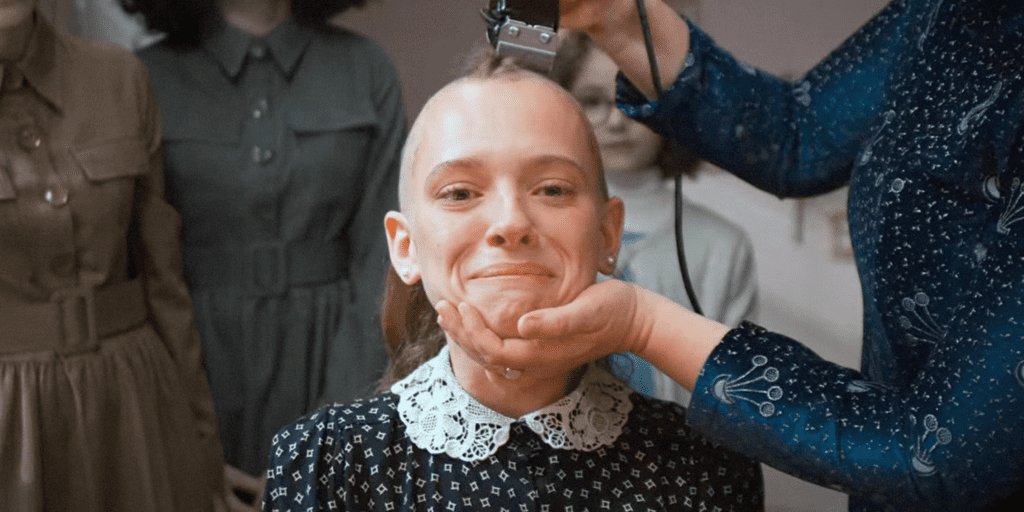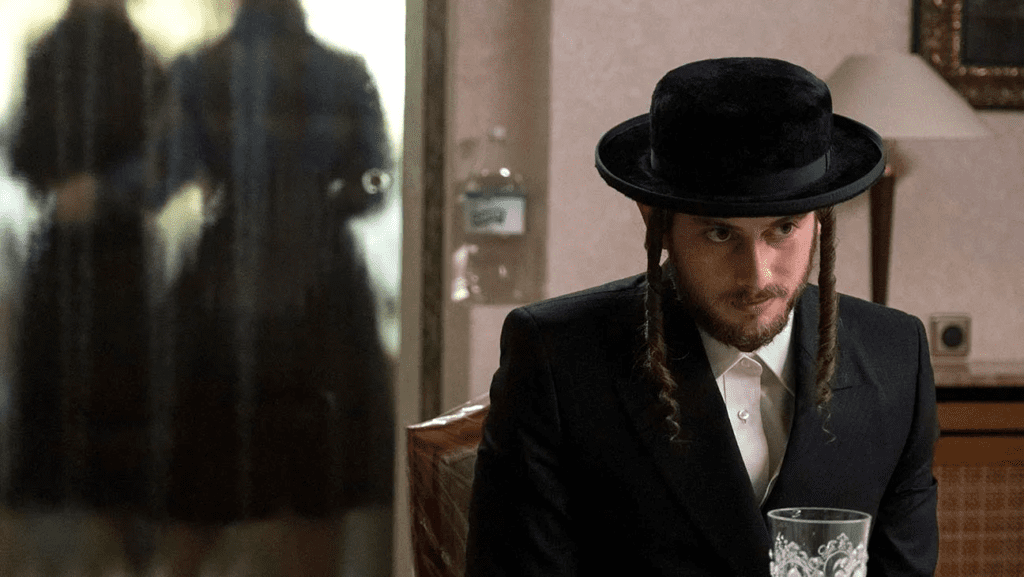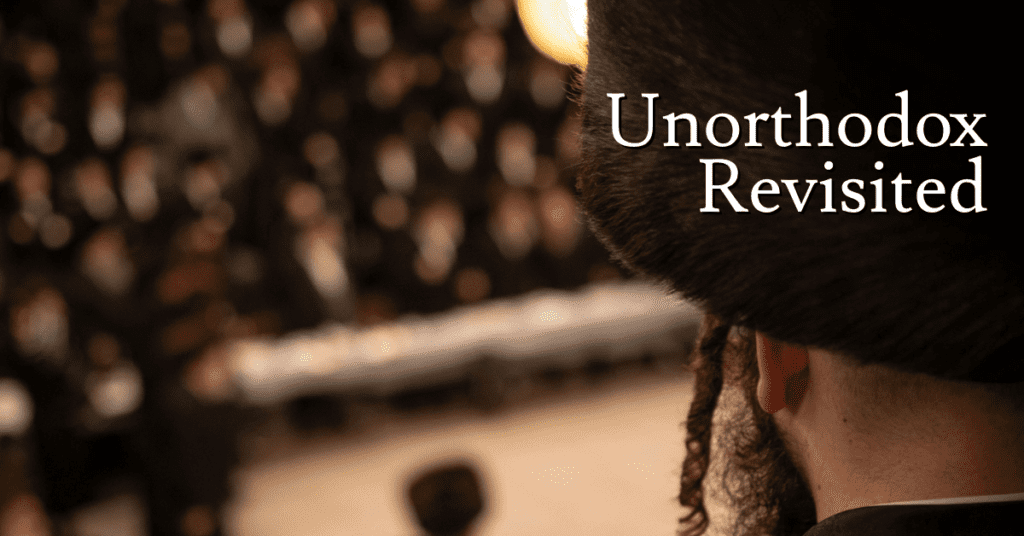Table of Contents
Several years ago the TV show phenomenon known as Unorthodox came to Netflix and created a firestorm in the Jewish world. Out of sheer curiosity, I watched it, loved it, and wrote this article.
I found the show deep and moving in so many ways. And still highly recommend it.
I liked the show so much that when I saw the book the show was based on sitting in the lending library at work, I figured it deserved my attention. So I sat and avidly read the tale of Deborah Feldman, the real person upon whom the TV show was based.
And I was shocked to the core… at how frustrated the book made me.
Screen Adaptations

Of course it’s never a good idea to see the screen adaptation of a beloved book. It disappoints almost every time. And TV and film makers for a host of reasons must adjust the story to make it more fitting for the screen.
But this was something different.
I would say at best 10% of the show was actually connected to the book. At best! The rest was all just made up blah blah to dazzle us while we sit at home staring at our TVs or computers.
In fact, I sat there frustrated because the majority of the book took place before the events of the show. So I was constantly saying to myself, “When does this happen? When does that happen?”
And some did happen. Eventually. And with far less excitement.
Unorthodox Differences

No daring escape from Brooklyn. No running away to Germany. No ambitious pursuit of a career in music. No unsavory cousin chasing after the protagonist with a gun. No relenting husband passionately cutting off his peyos in a feeble attempt to win back his wife.
Nope. None of it at all.
In fact, I would go as far as to say that not only were the most interesting moments in the show entirely made up, but for whatever reason the most intense and fascinating stories from the book weren’t included in the show either.
No, the show made no mention of the Mexican worker who sexually harassed her as a child or the cousin who attempted to molest her. There was no moment when she and a friend got in trouble at camp and were basically told they can’t have private conversations on account of the possibility of secret lesbianism. And the show excluded Deborah’s shocking discovery as she prepared for marriage of how female anatomy works.
In addition, a driving theme in the book was her advanced English skills and her love of the language. Yet in the show the character looked like she was plodding her way through her second language, and if she enjoyed literature in any way, it was unknown to the viewers.
The Unlikable Author

And let’s not forget how the Hollywood version of our protagonist was supremely likable and always in the right.
There were several times throughout the book in which I found the author everything from whiny to downright immoral. It’s hard to sympathize with someone who would drive to the mikvah (ritual bath) and sit in her car reading before returning to her husband and lying about her ritual status. It’s hard to celebrate the person who uses her husband’s income to go study literature at a college, tricking him into thinking she’s studying business (if I remember correctly). All the while secretly wearing jeans and going out with new friends to try non-kosher food delights.
She didn’t come off as an oppressed girl, beaten down by a society that would never accept her. She came off as a person with a moderately challenging life who is unhappy with the culture she grew up in. And is choosing to rebel in secret at every turn.
Unorthodox: Show vs Book

The former is a story worthy of a hit show on Netflix. The latter–the truth–isn’t all that interesting to think about.
The former is the tale of a courageous young girl, overflowing with undiscovered talent, who devises a plan to boldly escape her neighborhood, not knowing what was out there in the world. Leaving all she knew behind despite the inherent dangers, marching off into the unknown.
The latter is the story of a girl who really enjoys reading in English who doesn’t respect Chassidic culture and whose legitimate qualms with her own people get swallowed up by the fact that it seems like everything bothers her.
The former has unforgettable images of a girl submerging in water as her wig falls away, while several onlookers watch her break free from the chains of her oppression. The latter has a girl in jeans smoking in a car, invoking emotions no greater than that of your average teenager who’s fed up with their boring home.
The former was a hit television show. The latter is a book I will quickly start forgetting.
The Unorthodox Lie

I know Hollywood will always make book adaptations more dramatic. It’s what they do. And I know “based on a true story” can absolutely mean “loosely based on a true story”. But this felt exaggerated to me. Why? Perhaps because it’s not a foreign concept. I’m from New York. I’ve been to Brooklyn many times. In fact, I’ve spent Shabbat in Boro Park with the Satmar community.
And I had a lovely time.
And I know that different people will have different experiences. And I know that growing up in a community might leave you feeling like there’s no choices in life. And I am more than well aware that it’s more complex for a woman.
Nevertheless, I feel like I was lied to. I feel like the author allowed her story to be adapted to make it dishonest and significantly more interesting, causing me to distrust pretty much anyone’s tale I see. And when the topic is of great interest and import, a story that needs to be told, there can’t afford to be blemishes. If I don’t trust you, I am not willing to listen to what you have to say. And we take a step backwards.
I don’t know what the better option is. Perhaps these adaptations need to be clearer how little they are connected to reality. Perhaps they should be created with a disconnect from the book. Or perhaps I need to just let it go, suspend reality, and not concern myself with the fact that what I watched was one big intriguing lie.
But I can’t. And now I feel stuck between loving a show, disliking a book, and having trouble reconciling the two.



